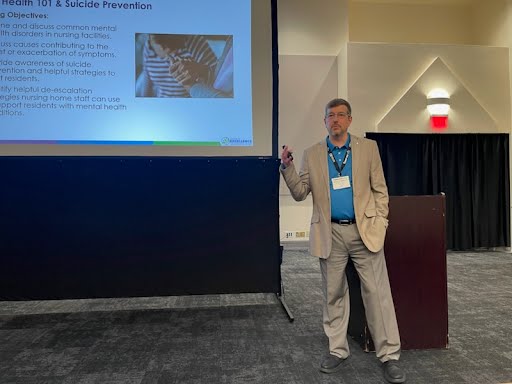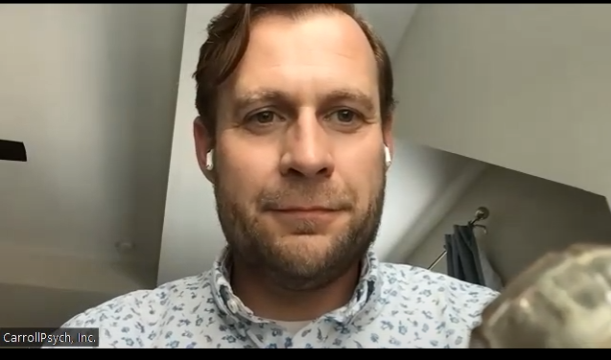In my last offering I discussed why approaching employees as customers can be a long -erm strategy for success in hiring and retaining motivated employees. Building on that approach, I am struck by how many vison and mission statements in the first two decades of this century contained words such as “Provider of Choice” or “Service of Choice” for whatever market segment the company was in. Both are vague but stress the idea that the organization wants customers to choose them.
This led me to want to be an Employer of Choice, a plan that is simple in concept but difficult to execute.
Put plainly, if your organization is where everyonewants to work, then potential excellent hires will come to you and you will not have to settle for just whomever you can find. It is utopia for the hiring manager. The challenge, of course is to get your organization to be that choice.
The place to start are the polices regarding treatment of employees. I have seen too many employee handbooks clearly written as punitive rulebooks that in effect just tell new employees how not to get out of line. I have seen workman’s compensation posters hung in breakrooms, with blanks for the emergency call numbers. I have seen organizations offer no leave at all, even for what I would have considered an “office job”.
All these things transmit a clear message to employees: “We do not value you”. It’s no wonder employees in those organizations do not value their jobs.
The first message to employees should be policies that support them. A good start would be providing more benefits than the bare minimum required by law in the state.
As a CEO, I began a program for staffers to visit Human Resources on a quarterly basis. This was a stretch goal for HR, but the director was willing to work to accomplish it. The idea was to get an understanding of staffers’ professional goals and aspirations, to help them be more engaged now by working towards their future.
I left before it was fully implemented, but I received direct feedback that staffers appreciated the attention and the questions, even if we could not guarantee a pathway forward in our organization. The existence of the program was a positive. I think the same is true in organizations which help support employee education. This does not have to be paying for college but paying for any sort of employee education shows that you are investing in them.
For anyone who has read my past work, you know the emphasis I place on managers. Culture is only as strong as the managers who practice it. So, having the right managers is key to being the Employer of Choice.
People leave bad bosses. One of the great tragedies of modern business is the elimination of so many managerial training programs. People need to be taught to lead. The lack of good managers who can also coach is the driving factor in my consulting. Managers need to move from “boss” to “coach” to be the best leaders they can be.
Finally, there should be an exit strategy for employees. The days of working 30 years for the same place are over. Pensions are two generations in the review mirror for most people. Most employees today are looking toward their next job when they walk in the door.
But there are employers still trying to treat employees as long-term hires (at least until they cut them for budget reasons, and then they are just lines on a spreadsheet). The successful sell to employees today must include plans to help further their careers. Imagine a world where your organization’s name alone on someone’s resume means that person is fully prepared to move up. Other workers will then be eager to join your team.
This will take a lot of work and it will take time to realize the return. Is it worth it?
Ask yourself, which reputation of being a place to work would you prefer, McDonalds or Chick-fli-A?
This is part 4 in the Hiring with a Purpose Series
Bryan G. Stephens is a former executive on a mission to transform the workplace. He is the founder and CEO of TalkForward, a consulting and training company, utilizing Bryan’s clinical and management expertise to develop managers and teams in a corporate environment. As a licensed therapist with strong understanding of developing human potential, he is dedicated to the development of Human Capital to meet the needs of leaders, managers, and employees in the 21st Century workplace.
Bryan has an Executive MBA from Kennesaw State University, Coles School of Business, and both a Master’s and Bachelor’s degree in Psychology.






